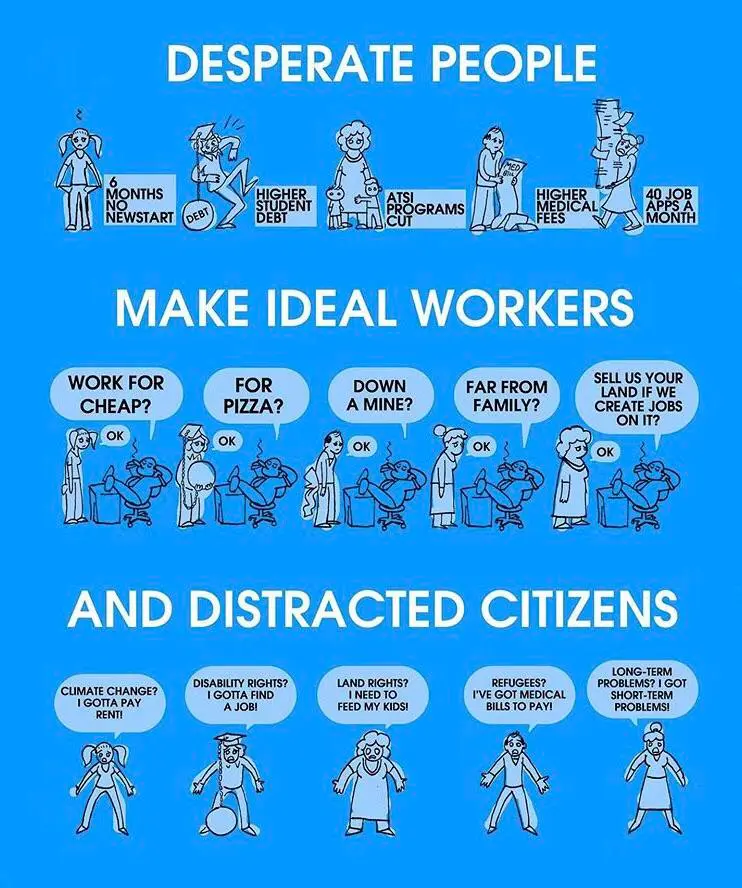

I’d guess it’s because it captured the demand for english-language isekai at a mid reading level, and snowballed with hype around new releases, which quickly got rolled into the movie franchise as well. For 15 years there was a new release almost every year, between the books and the movies, so you couldn’t really avoid hearing buzz about it. If it was just one book without regular injections of hype into the public consciousness, it’d probably be largely forgotten.
Kids don’t care so much about prose and they’re usually too naive to pick up on political subtexts, at least consciously. As a kid I liked them for the escapist fantasy and the simple narrative.







Lmao isn’t Scorsese at least mildly reactionary?